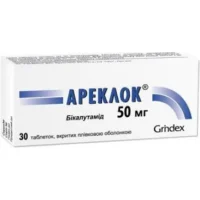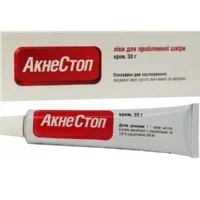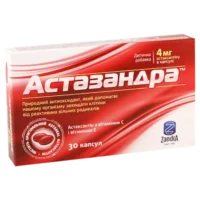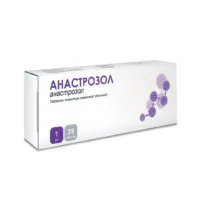Description
Ringera (Sodium Chloride, Potassium Chloride) Solution for Infusions 400 ml Vial
Ingredients
- Active Ingredients: Each 100 ml contains sodium chloride 0.9 g and potassium chloride 0.3 g in sterile water for injections.
Dosage
- Dosage: The dosage is determined by the healthcare provider based on the patient’s condition and needs. It is administered intravenously over a specific period.
Indications
- Indications: Ringera solution is indicated for the treatment of electrolyte imbalances, dehydration, and as a source of water and electrolytes.
Contraindications
- Contraindications: This solution is contraindicated in patients with hyperkalemia, severe renal impairment, and in conditions where sodium or potassium retention is a concern.
Directions
- Directions: The solution should be administered under the supervision of a healthcare professional. It is important to monitor electrolyte levels during infusion.
Scientific Evidence
- Ringera Solution: Extensively studied for its efficacy in managing electrolyte imbalances and dehydration. Clinical trials have shown that the balanced composition of sodium and potassium in this solution helps restore electrolyte levels efficiently.
- Studies have demonstrated the rapid onset of action of Ringera solution, making it a preferred choice in emergency situations where quick correction of electrolyte imbalances is crucial.
Additional Information
- Ringera solution is well-tolerated by most patients; however, warnings should be considered, especially in individuals with known hypersensitivity to any of the components. Close monitoring is essential during administration to prevent adverse reactions.
- Overall, Ringera solution offers a reliable and effective option for managing electrolyte imbalances and dehydration, supported by scientific evidence and clinical experience.





